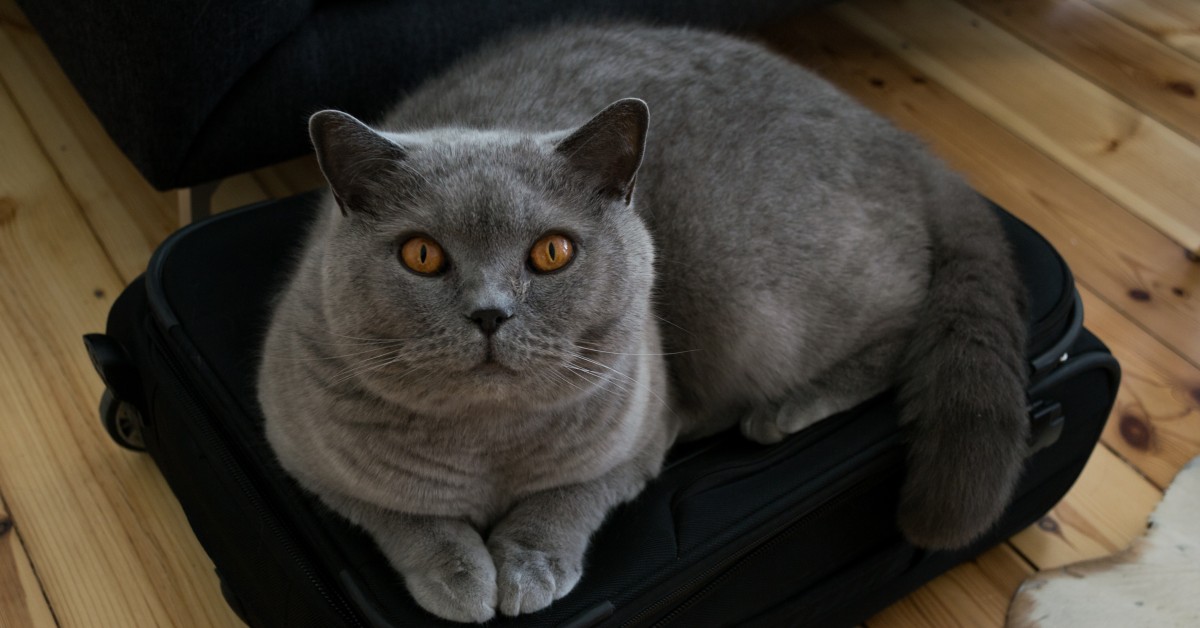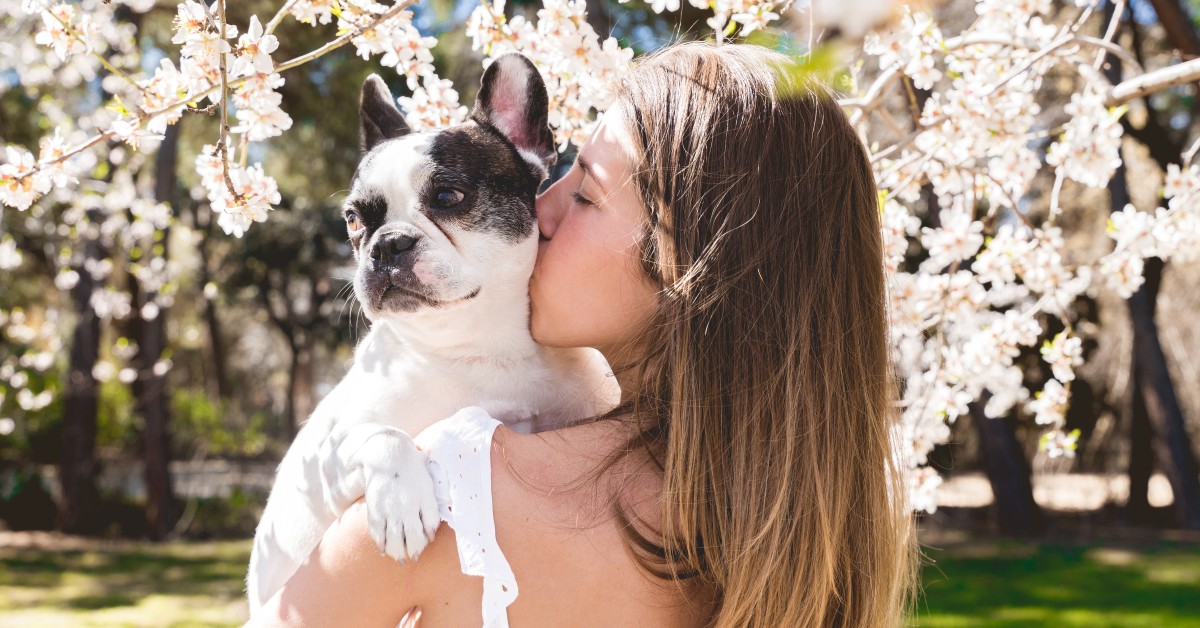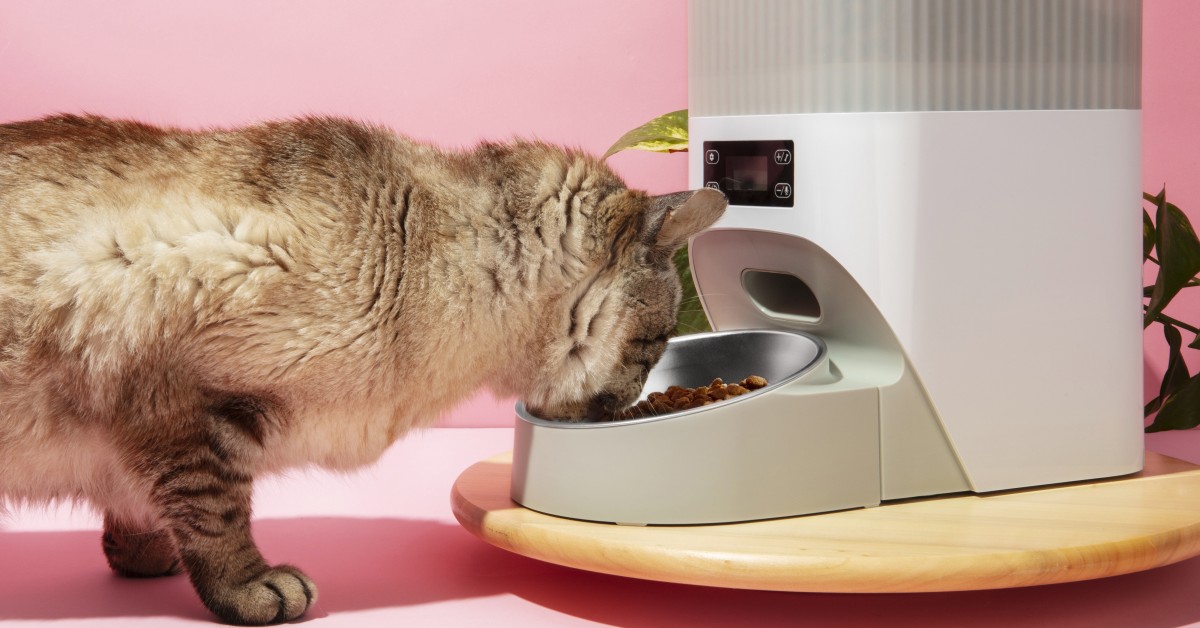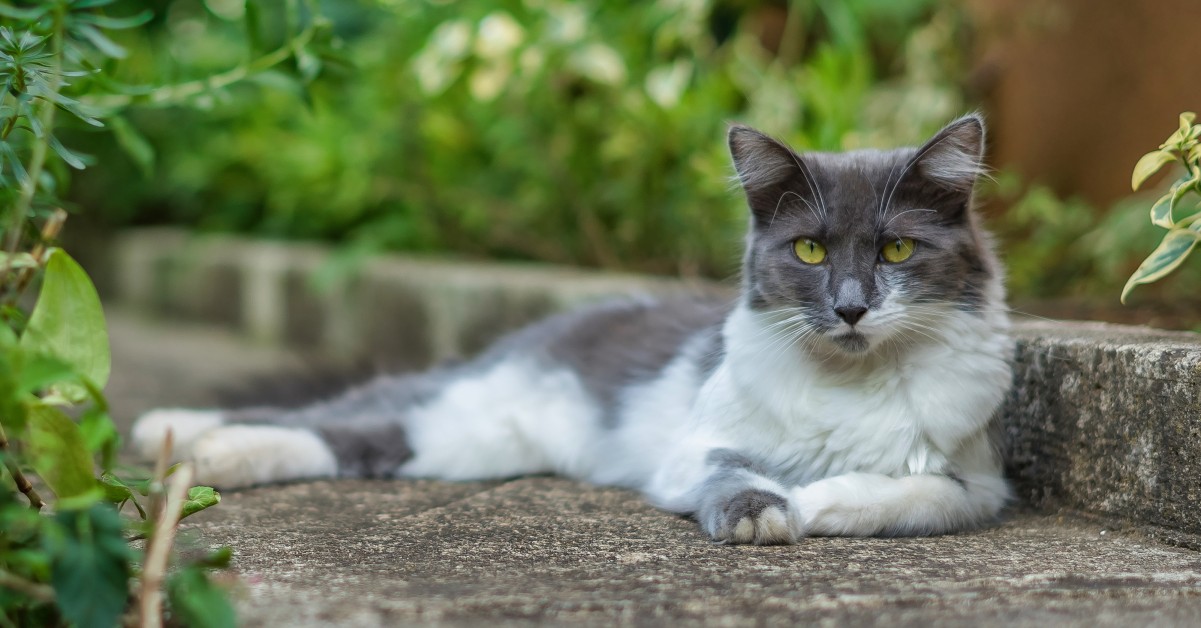Kidney Disease in Cats: An Owner's Guide
Learn how to promote better kidney health in your feline friend.

If your cat lives to a ripe old age, chances are that it will develop a kidney problem at some point. Cats suffer from a mysterious vulnerability to kidney disease -- including the most common complaint, age-related chronic kidney failure. Even so, there are steps you can take to minimize the risks for your cat and help it live its best life in the face of kidney disease. Let's look at why these issues occur, what they look like, and what you and your vet can do about them.
Why Do Cats Develop Kidney Disease?
Cat kidney conditions can be either acute or chronic in nature. Exposure to toxic substances, serious infections, and traumatic injuries can all cause acute kidney failure. More commonly, however, kidney disease in cats takes chronic form, especially as the cat ages. In fact, up to 80% of all cats aged 15 or older will suffer from chronic kidney disease. While no one can say for sure why this is so, genetics underlying chronic health problems, dehydration, and nutrition may all be contributing factors.
Know the Signs of Kidney Disease in Cats
Because untreated feline kidney disease can eventually lead to total renal failure and death, you need to know how to identify the potential signs of a kidney ailment in your own pet. Common symptoms to watch out for include:
- Oral problems - Your cat may display mouth sores and foul, ammonia-like breath.
- Dehydration - Sunken eyes, dry gums, panting, and fatigue may all point to dehydration.
- Digestive system irregularities - Vomiting, constipation, and diarrhea can all indicate feline kidney disease.
- Loss of appetite - A cat with kidney disease may lose its usual interest in food, possibly due to (or accompanied by) nausea.
- Excessive thirst and urination - If your cat seems significantly thirstier than usual and produces an excessive volume of urine, the culprit may be a kidney ailment.
- Edema - Your cat's limbs may appear swollen due to fluid retention.
- Temperature changes - Your cat's body temperature may become either abnormally high or abnormally low.
- Behavioral changes - Your cat may seem less active and less affectionate than usual, or it may even go into hiding for no clear reason.
Bear in mind that the first stages of kidney disease in cats can be extremely subtle or even undetectable to the naked eye. This is one more good reason to schedule regular feline wellness exams so your veterinarian can catch and treat the problem as early as possible.
Veterinary and Home Care for Cat Kidney Problems
Treatment for a cat kidney problem depends on the nature and cause of the ailment. For instance, strong antibiotics might be necessary to resolve a kidney infection, while surgery or chemotherapy might be the right approach for addressing a cancerous tumor. If your cat's kidney trouble is caused by an underlying condition such as diabetes or high blood pressure, your vet will want to address that condition.
Some of the medical problems cats can develop as they age, along with the treatments commonly prescribed for those problems, can lead to dehydration. Your veterinarian will need to keep your cat's kidney condition in mind whenever such issues pop up, making sure to administer treatments that don't aggravate dehydration and rehydrating your cat intravenously if necessary.
Dietary changes can prove immensely helpful for controlling chronic kidney disease in cats. Specialized diets for feline kidney problems feature easily-digestible proteins and low levels of potassium to reduce the burden on the kidneys. Foods rich in fatty acids can also help by reducing kidney inflammation. Just remember to ease your kitty into this new menu instead of forcing a dramatic (and possibly unwelcome) change overnight.
Obesity can lead to chronic kidney disease by promoting two major risk factors: diabetes and high blood pressure. Work on keeping your cat's weight under control by feeding it sensible amounts of healthy foods. Regular playtime and exercise will also help your cat maintain a kidney-friendly weight.
Keeping Your Cat's Kidneys Healthy
Even if your cat seems healthy, it makes sense to take a proactive approach to kidney wellness. First and foremost, give your cat plenty of access to fresh water. The water content in wet cat food can also help support proper hydration, especially for cats that don't spend much time at the water bowl.
As your cat takes in these fluids, it also needs to be able to eliminate them efficiently. Make sure you've placed your cat's litter box in a convenient, comfortable area. (Clean it regularly so your cat will actually want to use it!) If your cat seems to have trouble urinating normally, get it checked out at the veterinary clinic right away.
Concerned About Cat Kidney Disease? Consult Your Veterinarian
If your cat shows signs of kidney trouble, you can find out why from your trusted vet. Veterinarians can diagnose feline kidney diseases and injuries by examining an animal's blood pressure, analyzing urine samples, and checking the blood for abnormal levels of waste products. Ultrasound imaging can also reveal structural problems in the kidneys. From there, you'll receive a treatment plan that can help your kitty thrive!
Ready to start saving money on pet wellness care?
Then take a look at Mint Wellness, the pet wellness plan that provides fast reimbursement on routine pet care. Save on vaccinations, wellness exams, preventatives, dental, and more!
Learn More


